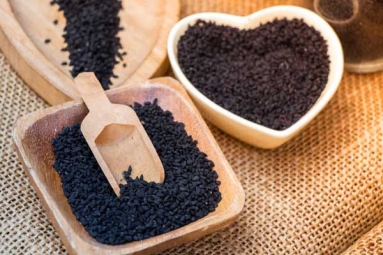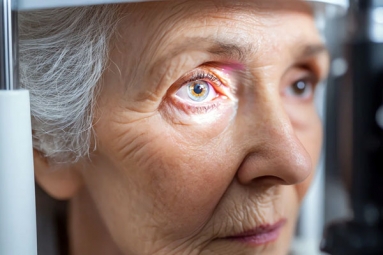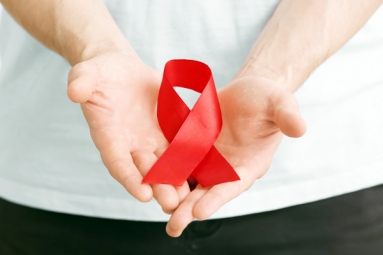
(Image source from: Canva.com)
In India, air pollution poses more than just a minor inconvenience; it represents a serious health issue. Numerous cities in India rank among the most polluted in the world, often surpassing safe air quality levels by considerable margins. While discussions usually center around asthma, chronic bronchitis, and heart diseases, recent findings indicate that air pollution might also heighten the chances of developing blood cancers, such as leukemia, lymphoma, and multiple myeloma. Air pollution is made up of harmful particles like PM2.5 and PM10, as well as nitrogen oxides, sulfur dioxide, and cancer-causing substances like polycyclic aromatic hydrocarbons and benzene. When we inhale contaminated air, these small particles can penetrate our bloodstream and spread throughout our bodies. They can harm our DNA, interfere with our immune response, and lead to chronic inflammation—three major processes associated with the emergence of cancers like leukemia, lymphoma, and multiple myeloma.
Benzene, which is commonly found in emissions from cars and factories, is a known cause of leukemia. Research has also shown a noticeably higher risk of childhood leukemia in regions with more traffic-related pollution. For adults, continuous exposure to fine particulate matter is linked to a greater occurrence of non-Hodgkin lymphoma and multiple myeloma. People living in Indian cities encounter many sources of pollution, such as car emissions, factory waste, burning biomass, and seasonal stubble burning. Most Indian cities have high average amounts of PM2.5. Vulnerable groups, including children and older adults, face significant risks, and the increasing cases of cancer further stress the healthcare system. Although the public tends to concentrate on the impact of air pollution on respiratory and heart health, we are just starting to grasp how pollutants can affect bone marrow and immune health. The overall impact of ‘toxic air’ on mortality in India is still not fully understood.
Like other types of cancer, air pollution is seen as a risk factor for blood cancers. Research shows a connection between pollutants, particularly benzene, and childhood leukemia. The primary processes involved include oxidative stress, damage to DNA, and disruption of immune functions. Although there is no conclusive evidence linking air pollution to blood cancers in adults, such as lymphomas and myelomas, ongoing studies are exploring these possible connections. As pollution levels rise, so does the number of people who develop cancers, including those affecting the blood. This situation highlights the need to view air pollution as a key public health issue that goes beyond its impact on lung and heart conditions. The combination of high pollution levels, at-risk populations, and the growing case numbers for cancer demonstrates why India must not overlook this escalating health danger. Focused efforts to decrease emissions, combined with raising public awareness and investigating the long-term effects of air pollution on blood cancers, are essential for safeguarding the health of millions of people.









